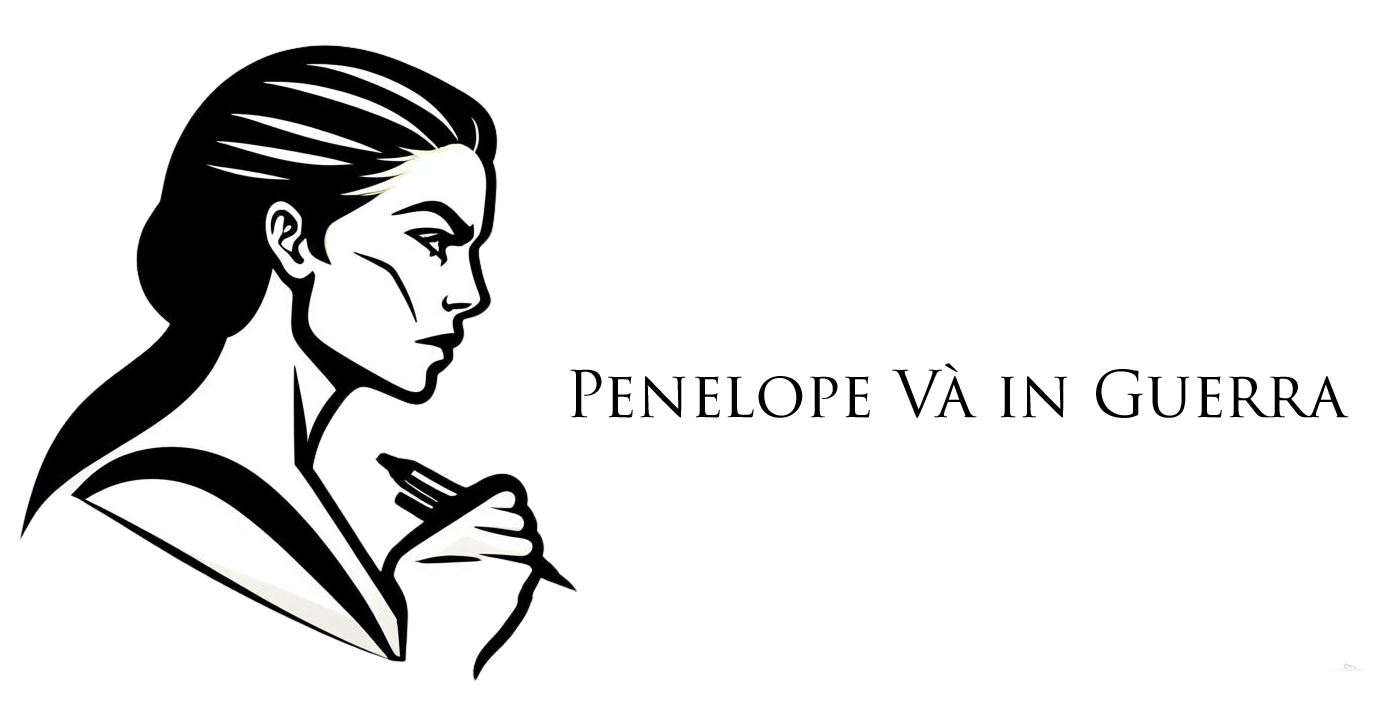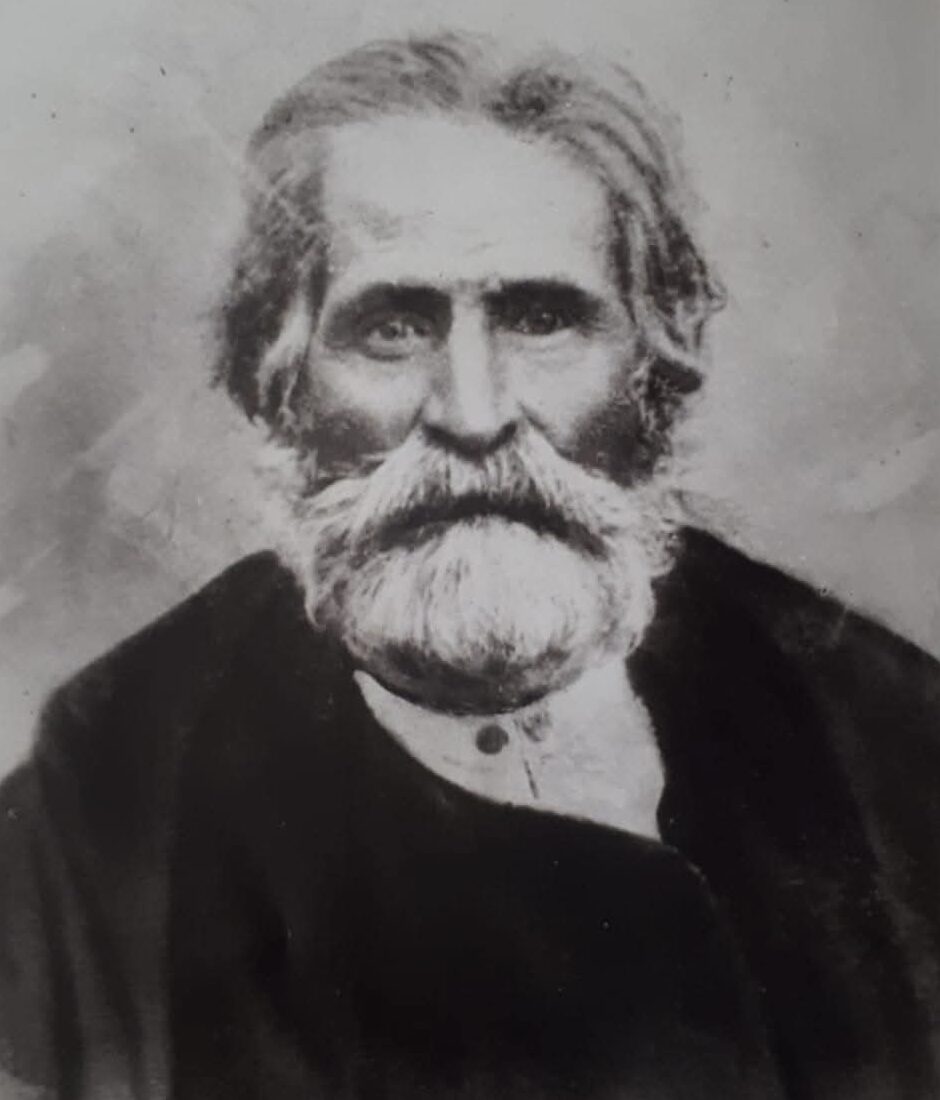“It is better to be a warrior in a garden than a gardener in a war.”
Tziu Amedeo was my grandfather. He was Sardinian, born in Lodè in 1921, and everyone who knew him describes him as a man of steel, the blacksmith of his own destiny, unstoppable in front of any obstacle.
Although it may seem strange today, back then having a strong character wasn’t a choice among many: forging a tenacious character was the only path to avoid becoming poor. Unknowingly, these farmers and shepherds with calloused hands had been practicing Nietzsche’s Will to Power for centuries, which argues that the meaning of life is not in comfort, but in overcoming oneself through one’s will. Not to suffer reality, but to force it with determination.
In the ’60s, Tziu Amedeo decided to find water on his land, and with the mindset and wallet he had, he didn’t consider relying on the technology of the time. Instead, he decided to do it himself. With a hoe, he began to dig, digging, digging, digging for days, days, and more days. He dug holes so deep that, while digging, he could have easily been buried alive if the mass of earth had collapsed from above. He asked for help from all the local dowsers, even turned to priests and saints just to secure their goodwill (since he didn’t really believe in them), but in the end, he didn’t find water (and neither did my father fifty years later, even after paying for a drilling machine).
Beyond the result, the lesson to be learned from this anecdote is exemplary.
In a world that has eliminated the idea of bravery from the individual, replacing the inevitable struggle for life with the exaltation of one’s fragility, who would still be willing to dig their own hole with their bare hands, risking their life?
Yes, because any modern Mental Coach, if we told them we wanted to dig our own hole with our bare hands, challenging ourselves to the core, would caress us with fake empathy, telling us we’re perfect just the way we are and that we should accept ourselves, thus making us servants of our own weaknesses (and his too, since he makes a living by us paying him because we are weak). He would tell us it’s too dangerous, that we would bleed from our hands, that we could be buried by the earth, and that, after all, we could continue living without water.
But the problem is not what he would say, but that he tells us exactly what we want to hear to escape suffering.
So perhaps we should ask ourselves, where has the mentality of that man, hardened by calloused hands, gone? That forced stoicism of the individual who proves strength by facing the suffering of life without complaining.
When forging a shield, an indomitable character, is no longer a necessity, we find ourselves, generation after generation, despairing over a broken nail or a dead phone battery. But the times when we can afford to whine are running out, and we are not prepared.
Therefore, we should return to taking lessons from Tziu Amedeo rather than from a Mental Coach (& co.), who, weaker than us, pushes us to stay in our comfort zone because “we are perfect just the way we are.” Perhaps it is better to be ready to face difficult situations before they arise, rather than find ourselves inside them without the skills to handle them.
And then we will stop being gardeners in a war, and become warriors in a garden. A garden that is about to become a battlefield.


